Our microvascular laboratory was set up to improve our understanding of microvascular changes in autoimmune and other diseases.
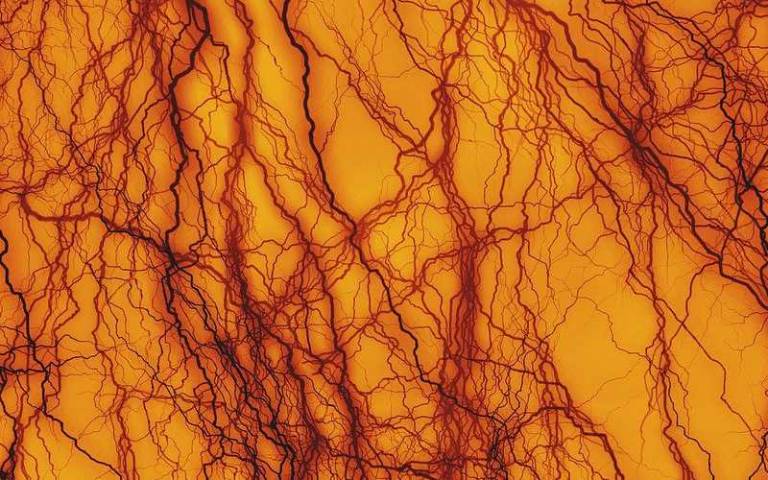
Many autoimmune diseases affect the body's small blood vessels (microvasculature). Damage to these vessels can affect blood flow to the skin and internal organs. This causes low skin temperature, poor skin healing and changes to organ function.
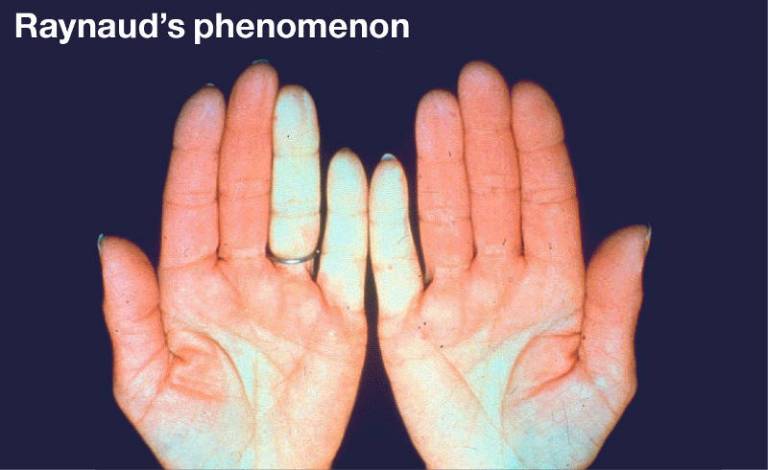
Raynaud's phenomenon is one of the most common microvascular conditions. It causes small vessels of the skin's extremities to constrict in response to cold or emotional stimuli. Skin colour may change and affected areas (usually fingers and toes) feel cold and numb.
Raynaud's phenomenon occuring in isolation is termed 'primary'. More rarely 'secondary' Raynaud's may occur, arising from other causes such as autoimmune connective tissue diseases.
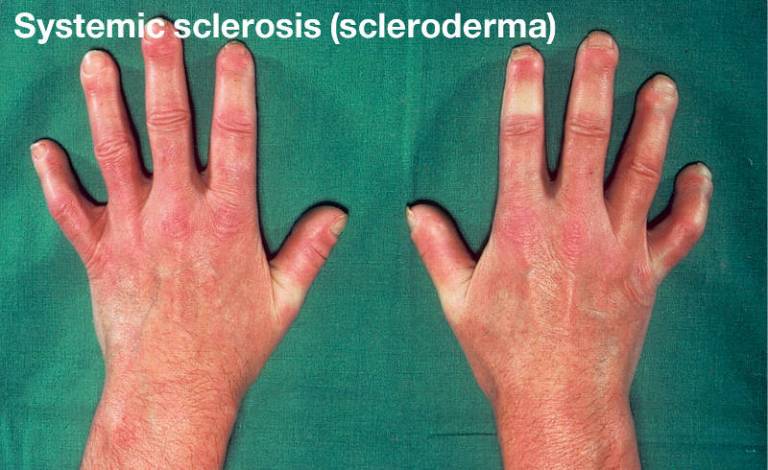
The Institute of Immunity and Transplantation is host to the UK's leading service for the care of systemic sclerosis or scleroderma. Nearly all scleroderma patients also suffer from secondary Raynaud's phenomenon.
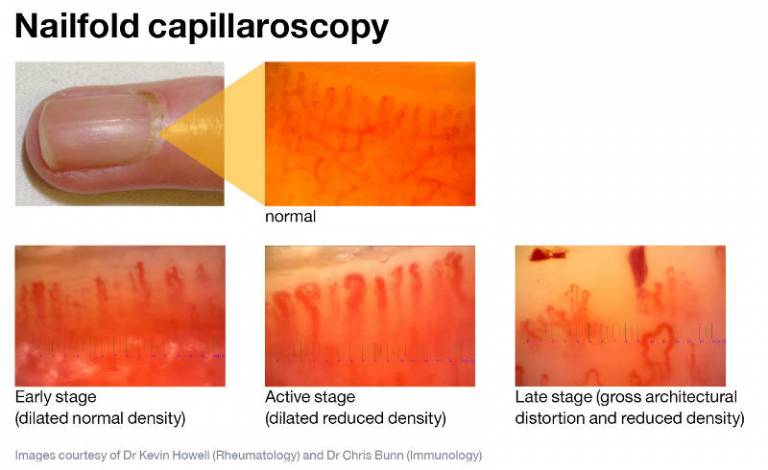
Viewing nailfolds under a microscpe can show abnormalities of the small blood vessels. Along with the results of immunology blood tests, the finding can be useful in diagnosing forms of scleroderma.
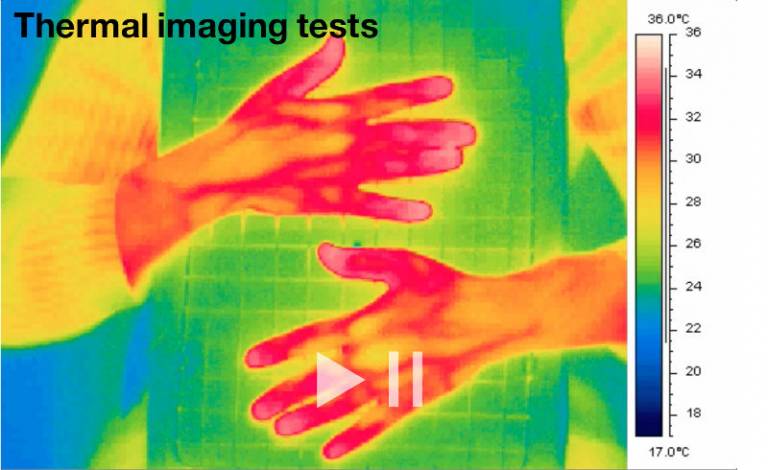
Thermal imaging tests (thermography) are used to help indicate the level of severity of Raynaud's or scleroderma. Infrared cameras detect heat generated by the body. They translate it to a colour scale which maps the skin's temperature.
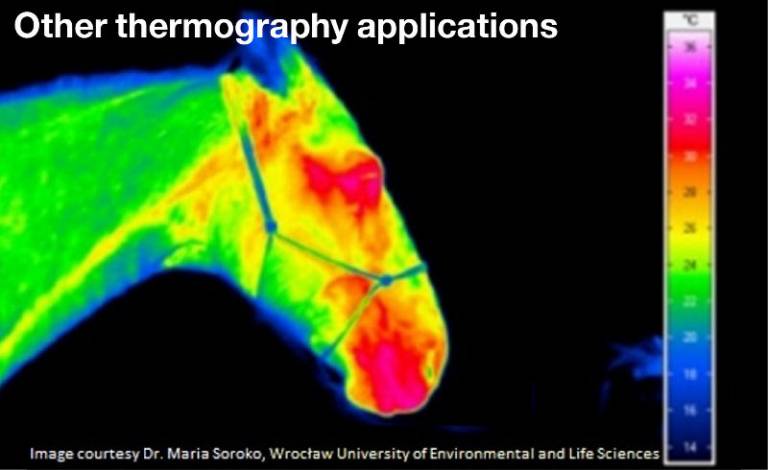
Our microvasular service collabrates with other centres on thermography research in human and animal biology and medicine. Research conducted on racehorses has shown that equine thermography can identify areas of inflammation before a horse exhibits clinical symptoms.
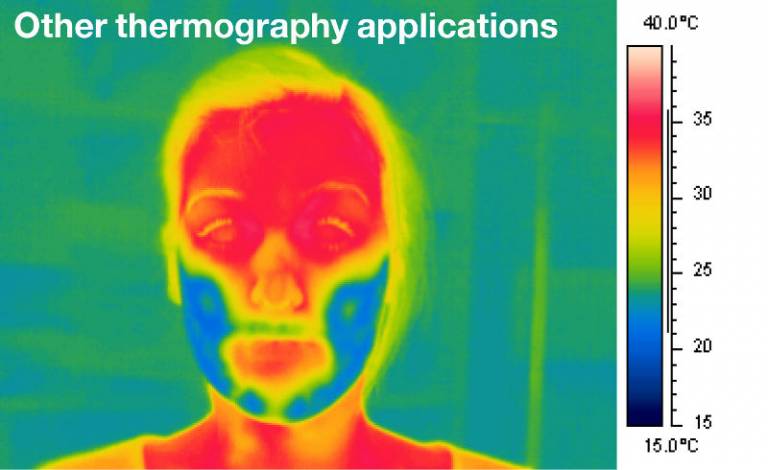
Thermography may also be a useful tool to monitor the anti-inflammatory effects of skin cooling to reduce pain and swelling after facal surgery. We have developed a simple programme of quality-assurance for biomedical thermal imagers which is available to our collaborators.
 Close
Close

